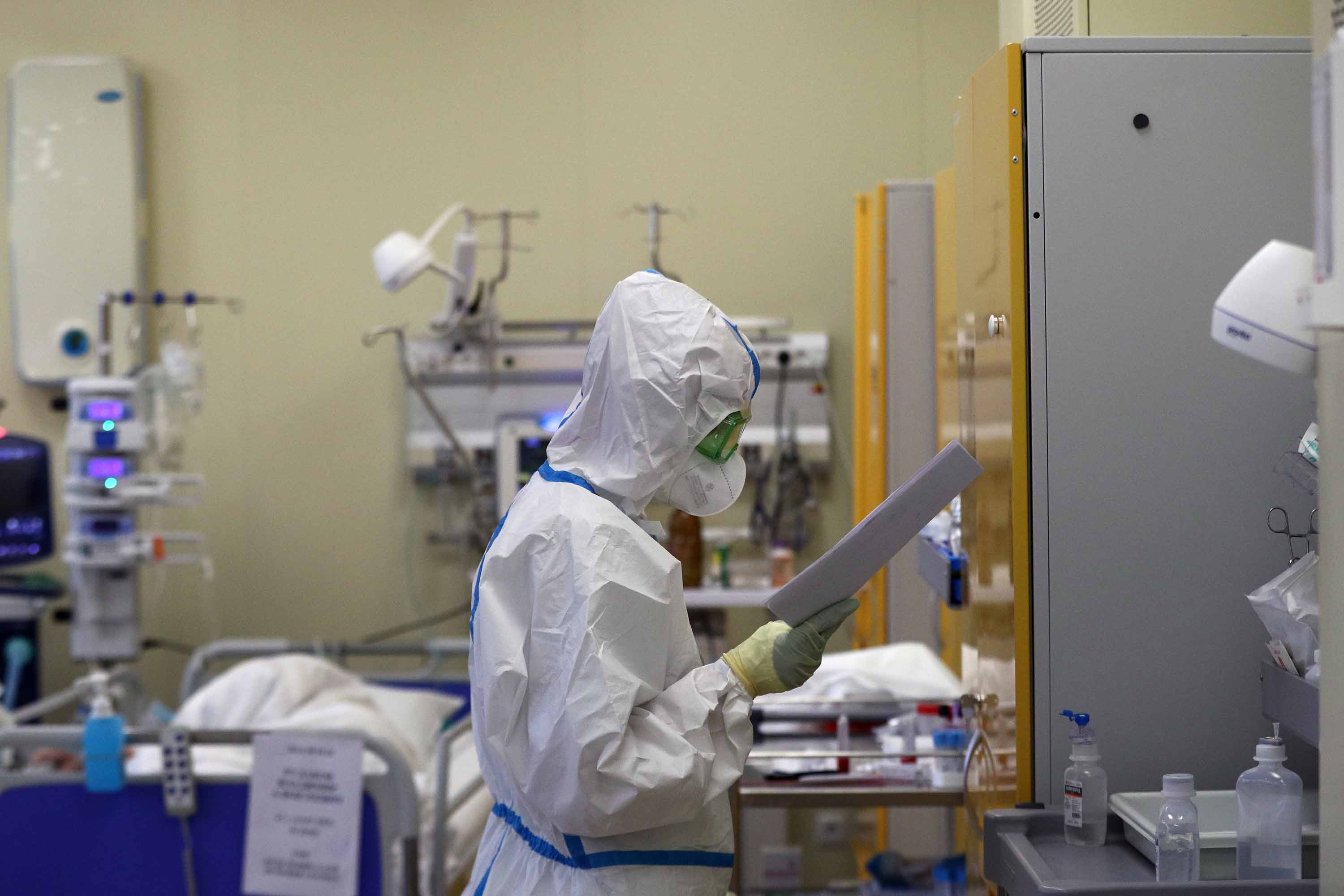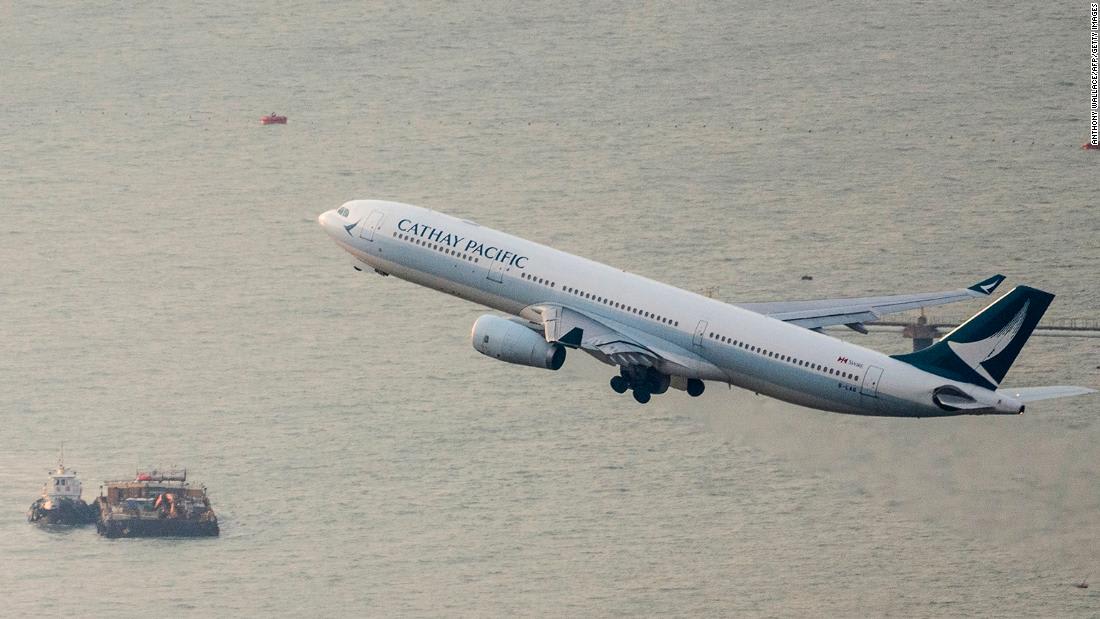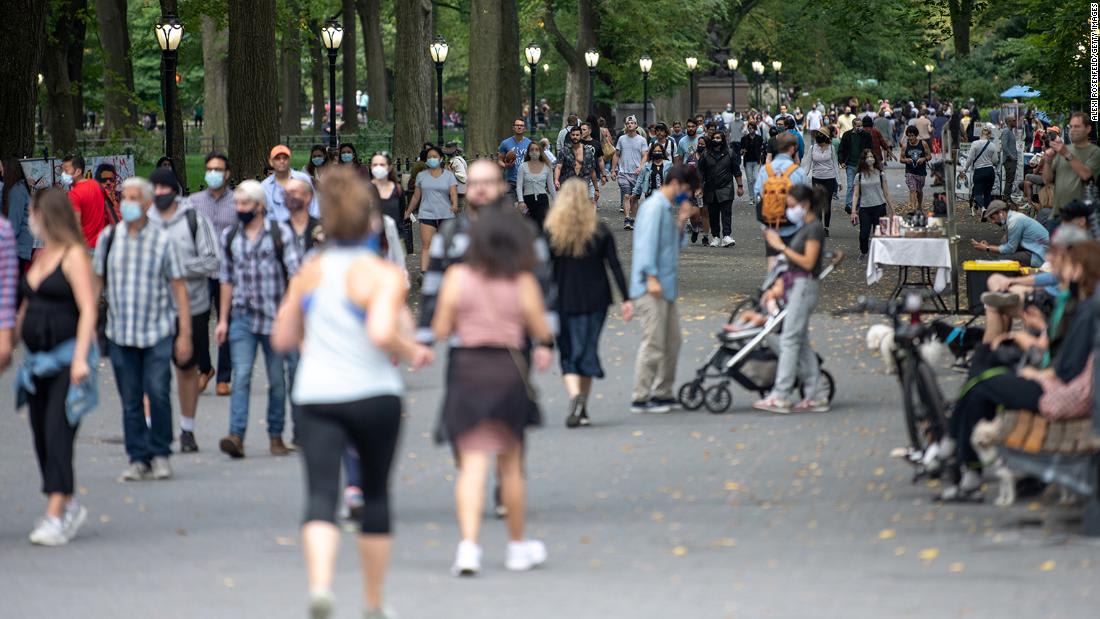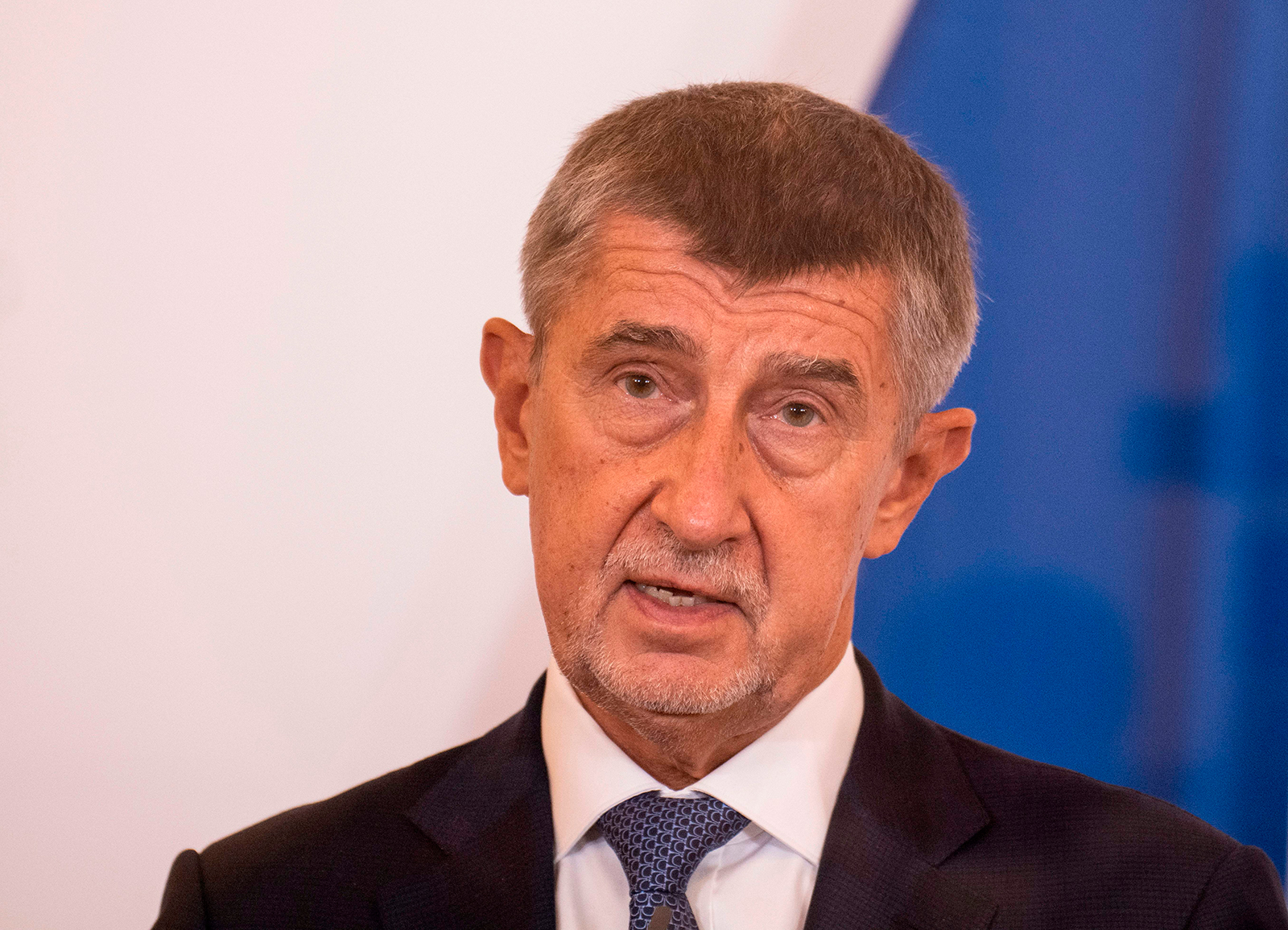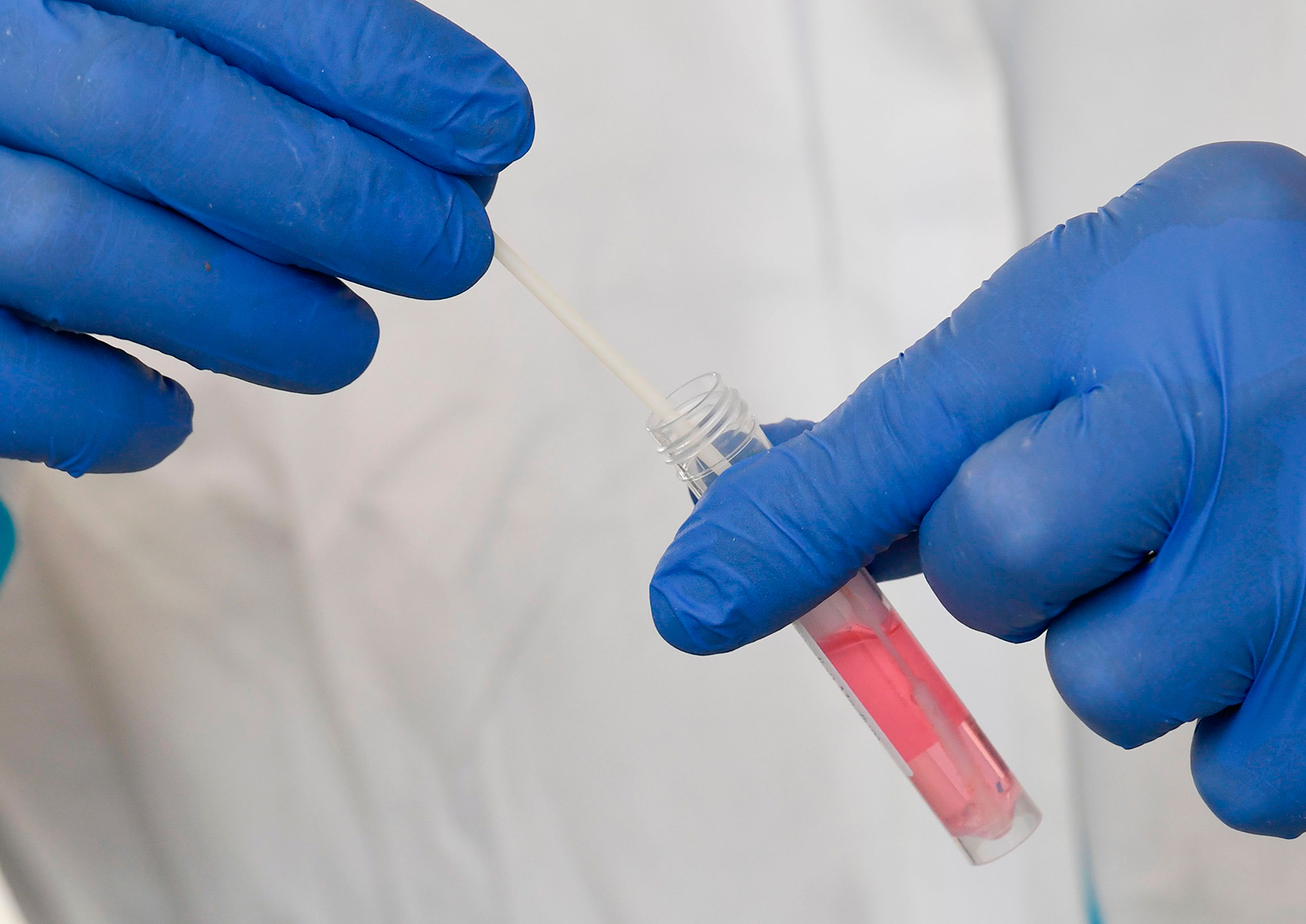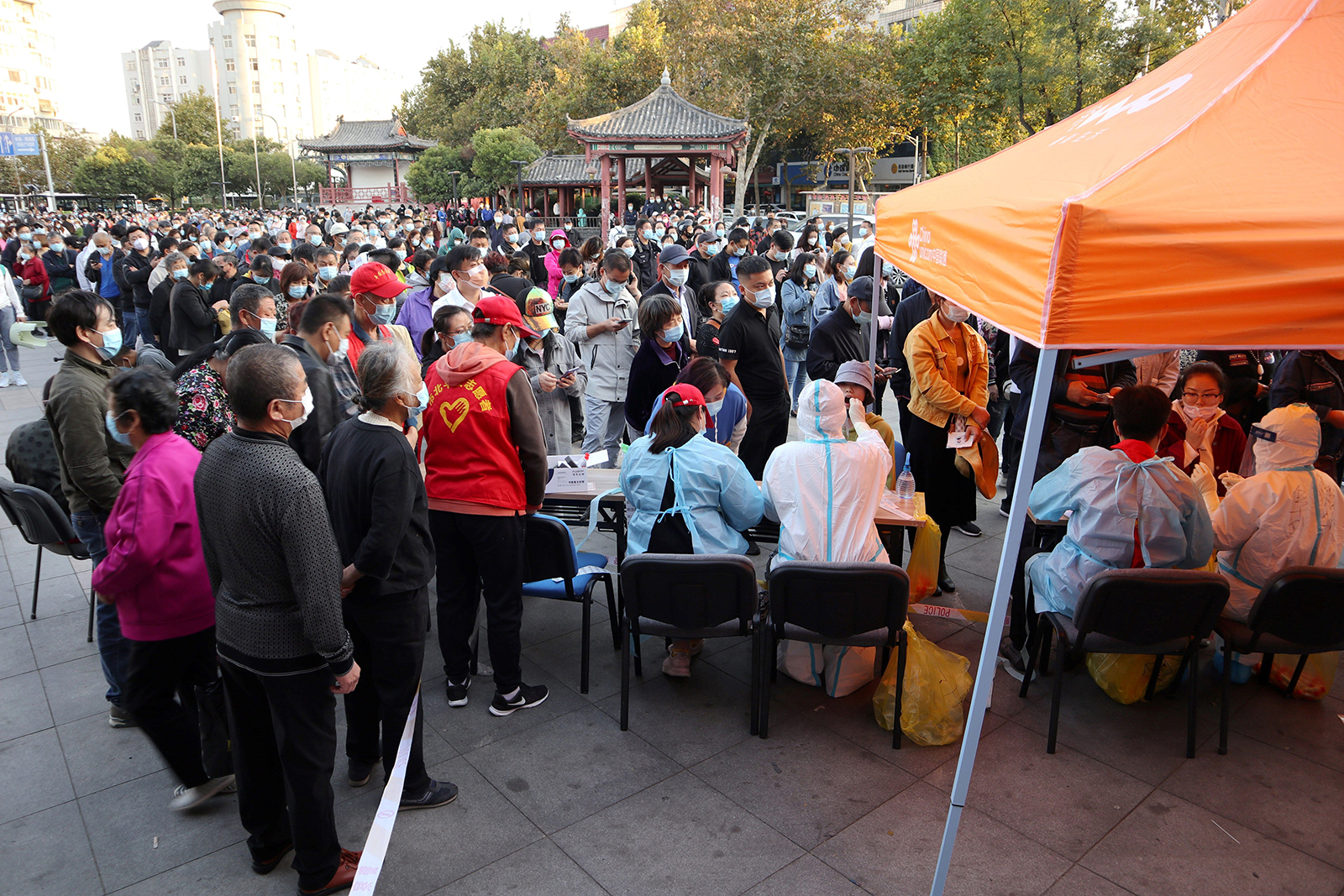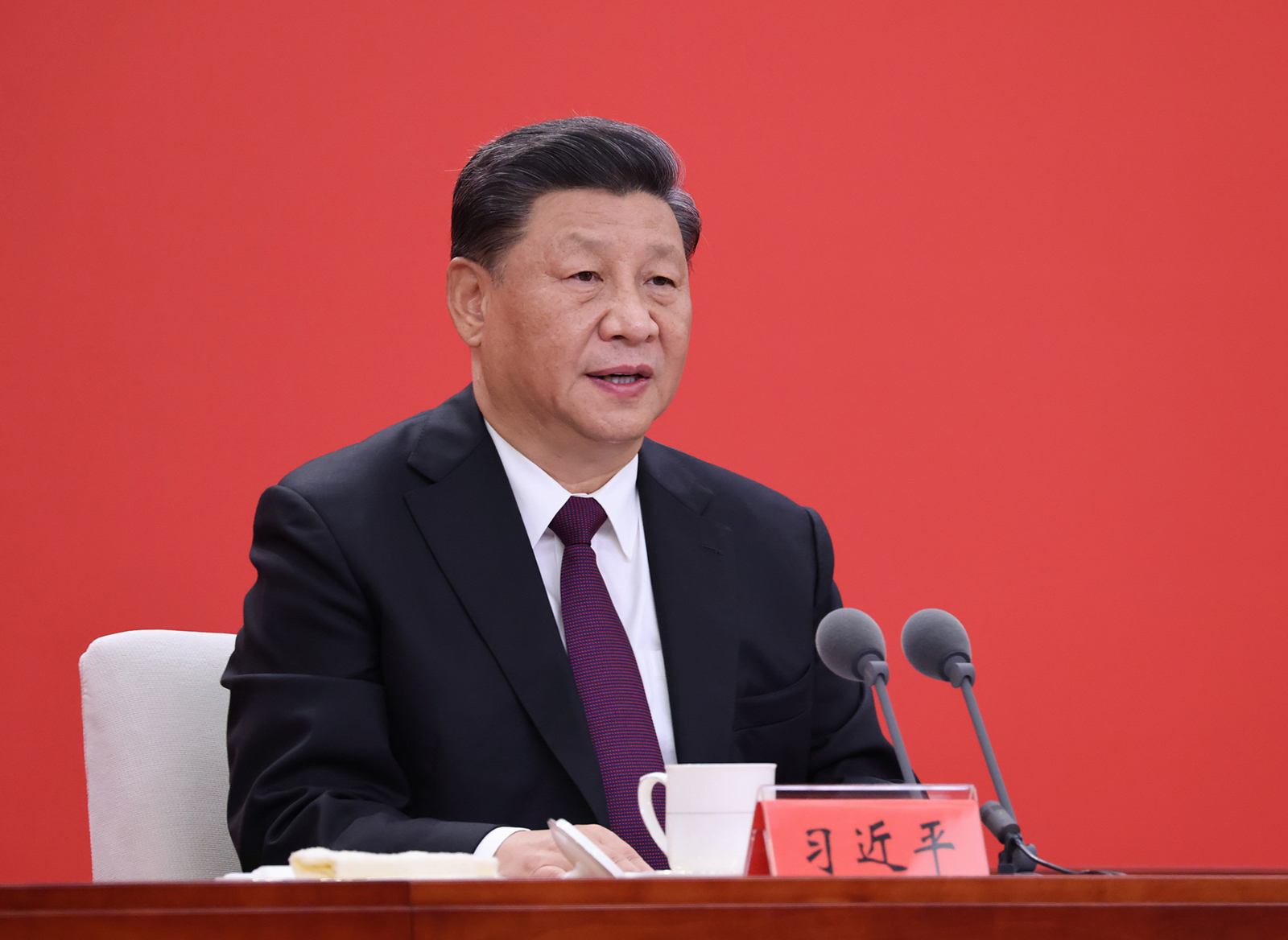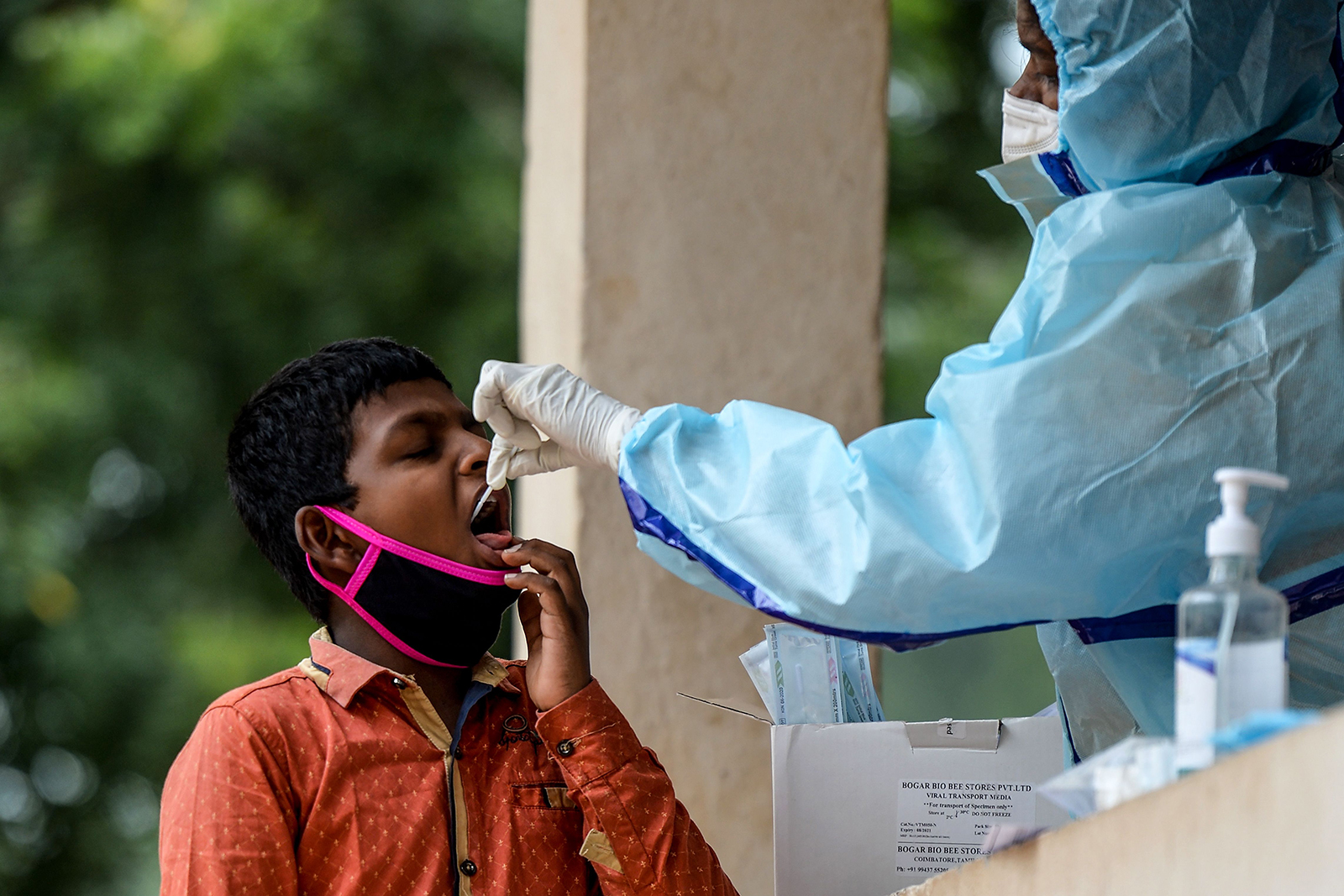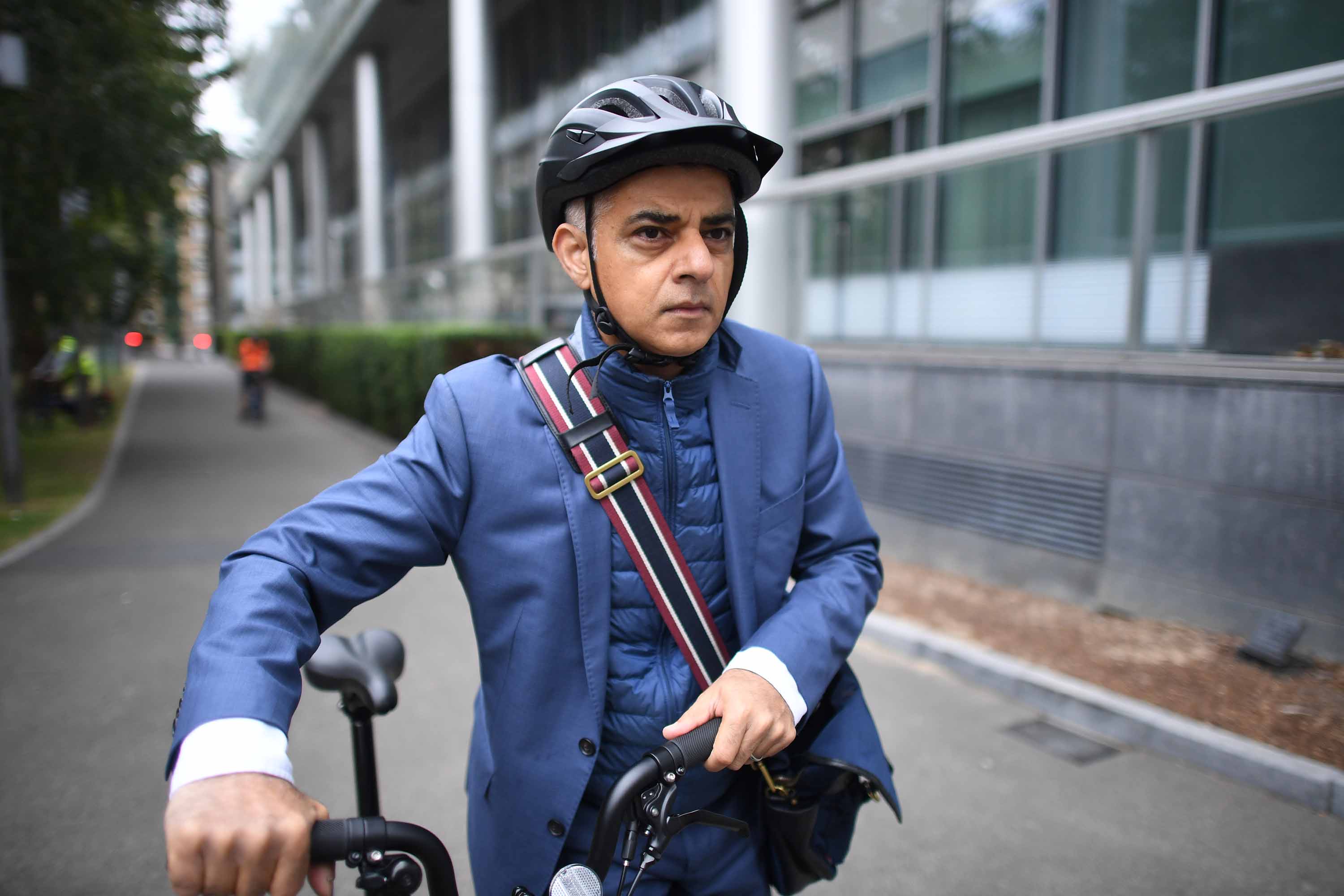
London Mayor Sadiq Khan said Thursday that he expected the UK government to impose new restrictions in the British capital and warned that millions of residents in the British capital "we've got a difficult winter ahead."
Khan said he expected the UK government to move London up a level in its three-tier restrictions system from "Medium" to the "High," the second tier, which means people from different households can no longer meet indoors — including homes, pubs and restaurants.
Groups of six from different households can still meet outdoors, and pubs and restuarnats will be allowed to remain open until 10 p.m., as is currently the case.
"This is deemed to be necessary in order to protect Londoners," Khan said in a televised statement Thursday.
“I must warn Londoners that we’ve got a difficult winter ahead. But just as we’ve always done through our city’s great history, I know that we’ll get through this dark time by pulling together.”
Khan criticized the UK government's test, track and trace program as a failure.
"I believe we also need action on a national scale, just as the government’s own scientific advisers have recommended. That is why I will continue to call for a short national circuit breaker."
The British government ignored the advice of a scientific advisory team to implement a two-week lockdown, known as a circuit breaker, to slow the spread of the virus and prevent thousands of deaths.
